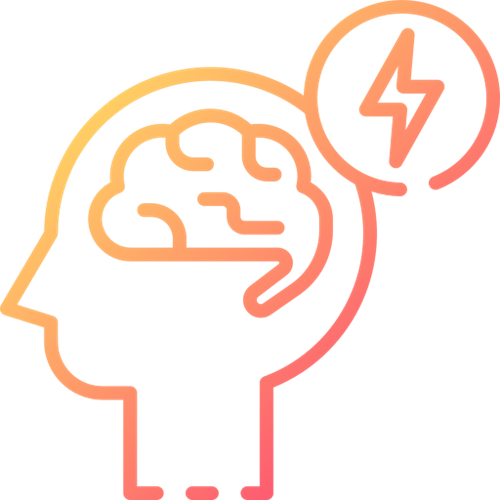This leaflet gives you information and useful contact information if your patient needs advice after having Deep Brain Stimulation (DBS):
![]() Urgent care advice for Medical Staff after your patient undergoes Deep Brain Stimulation
Urgent care advice for Medical Staff after your patient undergoes Deep Brain Stimulation
Wound Issues (e.g. potential infection or breakdown of skin)
Immediately after surgery (e.g. 1 to 2 weeks)
If your patient thinks they have a wound infection or are worried about their wound they should contact the Neurosurgical Wards at the Queen Elizabeth University Hospital.
- Ward 65 –
 Telephone: 0141 201 2017
Telephone: 0141 201 2017
2 to 3 weeks after surgery
They should contact their GP for an initial assessment, who can then contact the local Neurosurgical Team or the DBS team if necessary.
Any Mechanical or Electrical Issues with the Pulse Generator
- If they are having problems with the pulse generator they may have to check the hand held programmer if they have one. (The programmer allows you to adjust the neurostimulator and to turn it on and off). If they are unsure how to do this they can phone the DBS team for advice or we can arrange for them to attend the clinic. (Please see the contact details below).Please check that the pulse generator has not been accidently turned off. This could lead to symptoms being uncontrolled. But can be easily switched back on with a hand-held programmer.
- If the programmer shows the Elective Replacement Indicator (ERI) this means the battery is low and will need replaced over the next few months. This is not an emergency. Please contact the DBS Administrator.
- If the programmer shows End of Life (EOL) this means the battery needs replaced. If their symptoms or condition worsens they should contact their GP for advice and we may need to replace this urgently. Otherwise, please contact the DBS administrator to arrange to have the battery replaced.
- For any other issues relating to the pulse generator or the hand held programmer please contact the DBS administrator.
You can find further information in the DBS booklet, if you do not have a copy please contact the DBS administrator.
Contact Details
Margaret Reynolds
DBS Administrator
![]() Telephone: 0141 232 7512 (Monday to Friday 9.00am to 5.00pm)
Telephone: 0141 232 7512 (Monday to Friday 9.00am to 5.00pm)
![]() Email: Margaret.Reynolds@ggc.scot.nhs.uk
Email: Margaret.Reynolds@ggc.scot.nhs.uk

